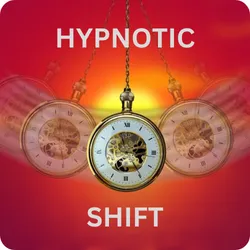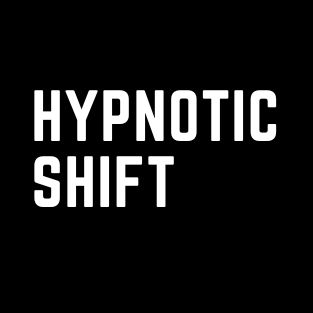What Is NLP?
And How Does It Enhance Hypnosis & Personal Change?
I'm always stunned by the amount of people I run into who have not heard of N.L.P. or, as it's formally known, Neural Lingual Programming.
Despite its sci-fi sounding name, it's one of the most practical and powerful tools for personal change you've probably never heard of.
Let's break down what it is, where it came from, how it's evolved and debunk some of the myths and attacks on its validity.
Where Did NLP Come From?
NLP originated in the 1970s, developed by Richard Bandler and John Grinder. Richard worked with John (a professor of linguistics) and they were fascinated with why some therapists got exceptional results and they decided to model them.
Rather than asking why their methods worked, they asked how, then they reverse engineered the techniques.
Their focus was on modeling three standout practitioners. Milton Erickson (deemed by many to be the best hypnotist to have ever lived), Virginia Satir and Fritz Perls.
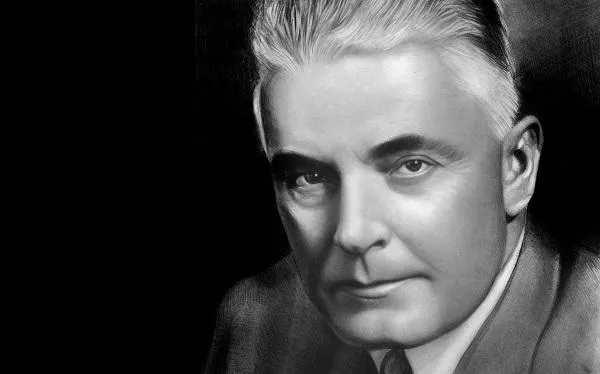
Now, before we push on, NLP is not without its critics. Some in the psychiatric field label it as pseudo-science. My question is, are their objections valid, or is it human nature to attack and denigrate anything that challenges the way you do things?
Look at martial arts. Most styles claim that all the other styles don't work. That's not science, that's ego. All I can go on is by what I've experienced, seen or been involved in first-hand.
Look at the following examples
Tony Robbins and Richard Bandler did go to the Pentagon and took a bunch of non-shooters and, in 24hrs, improved their shooting skills massively. The military have pretty good BS detectors and they were duly impressed. (Fun Fact: Tony had never fired a weapon before in his life)
Another time Tony was challenged by a psychiatrist on a talk show who said he was a charlatan. Tony responded telling the guy "Bring me your toughest client and and I'll prove it works." The psychiatrist showed up with a client he'd been working with for years on her snake phobia. Her fear was so great she'd get sick at the mere mention of the word "snake."
After twenty minutes of working with Robbins she was on stage, in front of the audience, holding a large python in her hands.
My late friend Marcus Wynne (RIP) was renowned for his NLP skills in the tactical community. In a session in Americus GA, he took a group of women who'd never fired guns in their lives. After 12 minutes of working with them, they went up against the SWAT team in a force on force scenario and beat them.
In another instance, he took a female Swedish police officer and, in only 4 hours, she passed Heckler & Koch's weekend long shooting qualification course.
The list goes on and I'll probably do a post in the future of more of them but remember this. Tony Robbins, undoubtedly one of the most successful coaches in the world attributes all of what he does to NLP. That should tell you something.
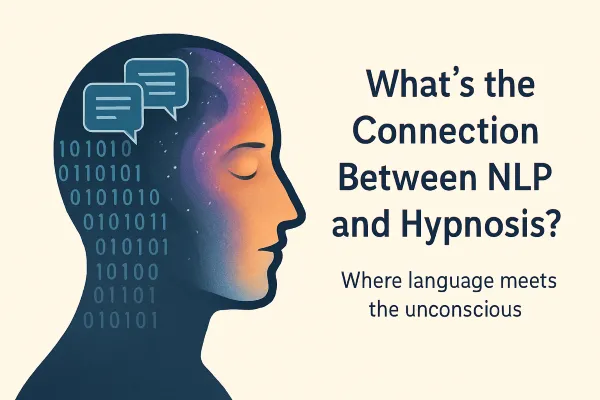
Hypnosis NLP Connection
If you're familiar with hypnosis, or you've worked with me at Hypnotic Shift, you know the unconscious mind is where the real change happens. That's also where NLP thrives.
Many NLP techniques borrow directly from Ericksonian hypnosis, using language patterns, metaphor, and visualization to reprogram old beliefs and habits.
In fact, they often work better together, because NLP gives structure to hypnotic suggestion, while hypnosis enhances the impact of NLP by bypassing critical resistance.
This means faster breakthroughs, deeper insights, and more lasting results.
What Can NLP Help With?
Here's a short list of what NLP for personal development is commonly used for:
Overcoming fears and phobias:
Breaking bad habits
Improving communication and relationships
Boosting confidence and self-esteem
Improving rapport
Enhancing sports performance
Managing stress and overwhelm
Enhancing business performance and creativity

Common NLP Techniques You Might Encounter
While there are dozens of tools in the NLP toolkit, here are the ones you might experience when working with me.
Anchoring: Ever hear a song and instantly transports you to another time and place? What about smelling cookies and being transported back to your grandmother's house? (Smell is the most powerful of all the anchors)
NLP teaches you how to intentionally create anchors which lets you connect powerful emotional states to specific triggers.
Submodalities: These are the building blocks of how your mind codes experiences. Changing the brightness of an image in your mind, for example can dramatically shift how you feel about something. It's fast, weirdly effective, and backed by decades of field testing.
Reframing: Sometimes the problem isn't what happens but rather, the meaning we assign to it. NLP helps you find new perspectives, often in minutes, that people normally struggle for years with.
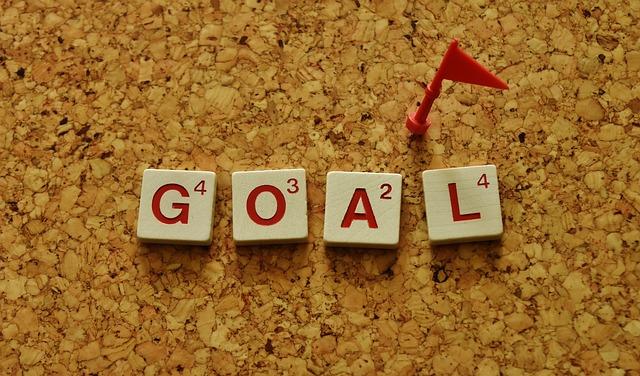
What To Expect In A Session
At Hypnotic Shift, I often integrate NLP into my hypnosis work. You might:
Visualize a goal in a new way to make it feel more achievable
Break an old habit by changing how your mind stores the trigger
Discover that "impossible" just meant you were using the wrong strategy
Cure phobias faster than any other method
Most of my clients describe it as surprisingly comfortable, insightful and even fun. Best part, there's no swinging watches or turning you into a clucking chicken.
Is NLP Right For You?
If you've tried willpower, logic, affirmations, journaling, and manifestation and none of it is working then yes, NLP may be exactly what you need.
It's not about "fixing" you. It's about working with your brain to get better results with the patterns you already have running. When paired with hypnosis, NLP will help you:
Break free from old stories
Move from reaction to response
Shift your identity at the root level
NLP isn't a magic wand but, when used correctly, it can often seem to be the next best thing. When you're struggling to lose weight, quit smoking, overcome anxiety, or just live with more confidence, NLP, combined with hypnosis can be a game changer.
